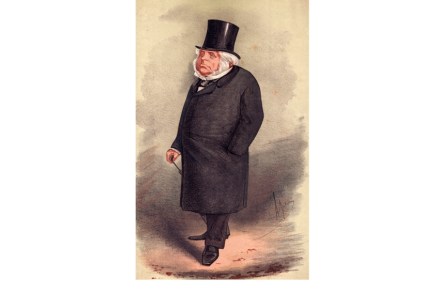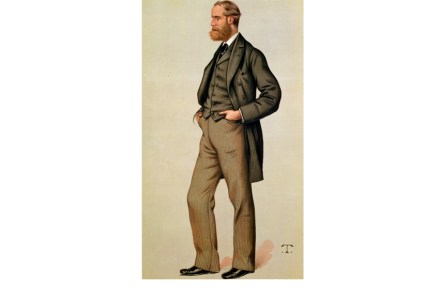Ugly old Europe
There are moments and places in history that one would have paid good money to avoid, and wartime Lisbon was one of them. For those rich enough to afford the Pan Am flying ‘Clipper’ to New York it at least offered a route of escape, but for those thousands of refugees from Nazi Europe left waiting for months or years before they could beg or borrow a passage to America or Palestine it was more likely to be just one last chance to savour old Europe at its unlovable, venal, extortionate and anti-Semitic best. Not that there was anything narrowly discriminatory in Lisbon’s attitude to its refugees — the Cidade











